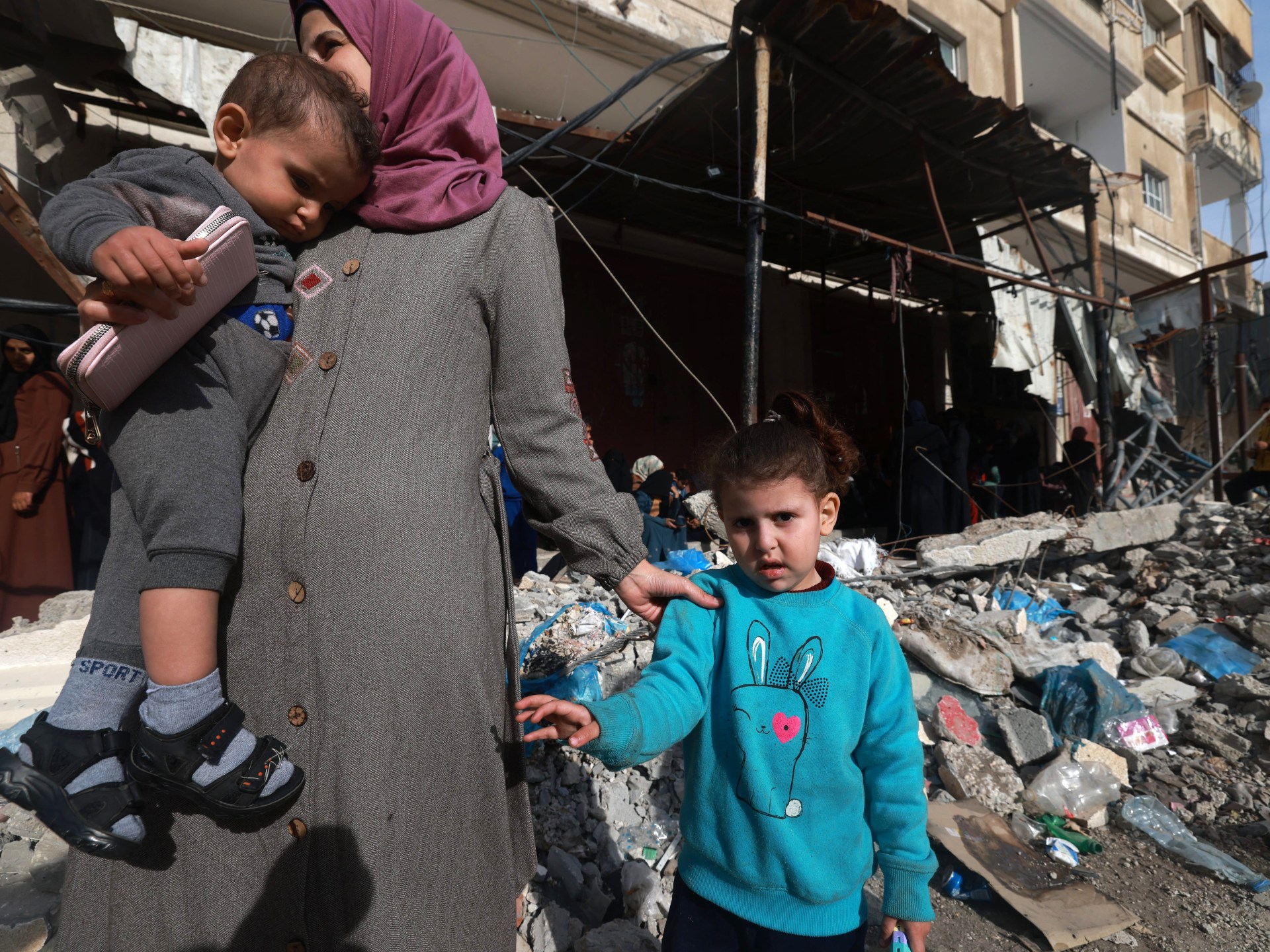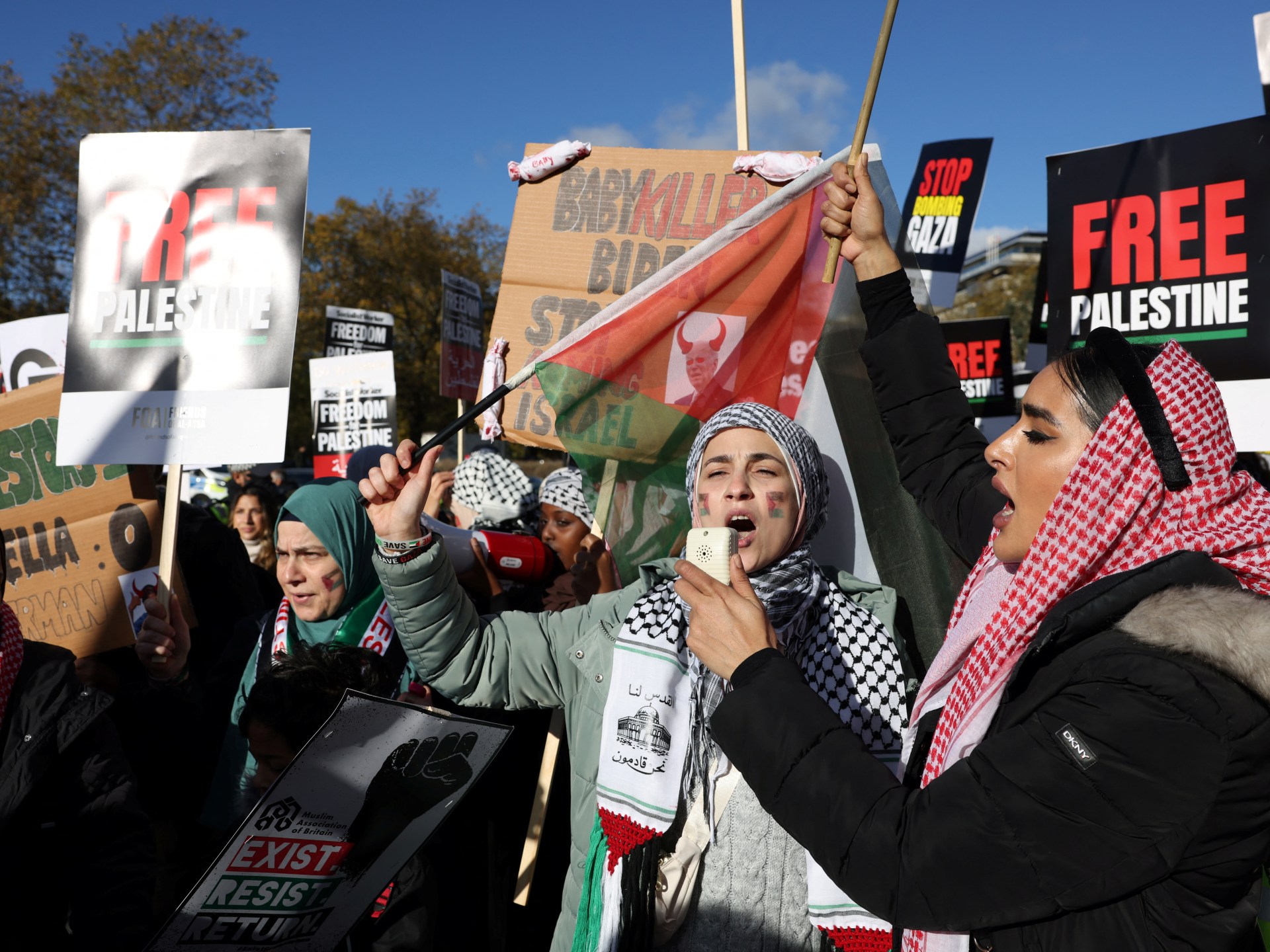
The Alassane Ouattara Stadium rises like a sculpture from the dusty brown earth north of Ivory Coast’s largest city, its undulating roof and white columns rising above the empty landscape like a spaceship landed on an uninhabited planet.
On Sunday, the three-and-a-half-year-old stadium will have its special moment when the national soccer teams of Ivory Coast and Nigeria compete in the final of Africa’s biggest sporting event in front of tens of thousands of fans, chants and cheers in a stadium financed and built by China.
While this is nothing new for the tournament, the Africa Cup of Nations, the arena is just the latest example of the contradictions arising from Chinese projects built to Chinese terms and on African soil.
Stadiums have been a cornerstone of China’s diplomatic influence in Africa since the 1970s, but their numbers have increased since the early 2000s, part of a larger Chinese strategy to build infrastructure – from highways to railways, ports to presidential palaces and even the headquarters the African Union – in exchange for diplomatic influence or access to natural resources.
Through this trillion dollar program known as Belt and Road InitiativeChina has become a key partner for developing countries, benefiting from expensive projects they might not otherwise be able to afford. But Chinese construction has sometimes been accompanied by recriminations local corruptionand critics have questioned the value of the big-budget projects, noting that they deliver results dubious long-term economic benefit but very real debt that governments can incur Difficulties with repayment.
“China doesn’t ask why you need a stadium,” said Itamar Dubinsky, a researcher at the African Studies Program at Ben-Gurion University of the Negev, Israel. “It just finances and builds it.”
Over the past two decades, Chinese companies have built or renovated dozens of stadiums across Africa, including nearly half of those that have hosted Africa Cup of Nations matches over the past 15 years. That total includes three of the six stadiums used for this year’s tournament, the showpiece of which is the 60,000-seat Ouattara Stadium, designed and built by two Chinese state-owned companies.
Its exterior consists of white columns and curved arches – inset with green and orange-tinted panels, Ivory Coast’s national colors – and is a stylistic improvement over previous projects on the continent, which were derided by critics as drab concrete monoliths.
But three years after the stadium played its first game, the new road leading there is still not open, forcing fans to walk up to an hour to get to or from the arena and the sports city around them around has not yet emerged. Critics say that this is also an integral part of the projects. Stadiums built in China rarely come with the appropriate infrastructure or know-how to maintain them.
But for countless fans watching games over the last month, the point lay elsewhere. Ivory Coast, recovering from civil war and boasting one of West Africa’s largest economies and a vibrant middle class, has demonstrated its ability to host a major tournament in state-of-the-art facilities.
“One can only be impressed,” said one fan, Halima Duret, as she scanned the stands on a recent evening. Ms. Duret, an interior designer living in Abidjan, attended a soccer match for the first time and it was special. The team from their home country Guinea had reached the quarter-finals. “What a beauty,” she added.
The partnership between China and Ivory Coast, a major rubber and cocoa producer, is emblematic of the way China eagerly cultivates ties with resource-rich African countries.
While Chinese and Ivorian workers were building the stadium in Ebimpé, on the outskirts of Abidjan, President Alassane Ouattara was there Visited his Chinese counterpart Xi Jinping in Beijing in 2018 to strengthen the countries’ relations. Since then, Ivory Coast has increased its rubber and crude oil exports to China, which has become Ivory Coast’s largest trading partner. China is too financing the expansion of the port of Abidjan, one of the largest Belt and Road Initiative projects in West Africa.
When China’s Foreign Minister Wang Yi visited Ivory Coast during the Africa Cup of Nations last month, he thanked Mr Ouattara for his country’s support for China’s “vital interests”, including on Taiwan. Mr Ouattara promised to deepen bilateral relations and said The countries shared a similar vision of world order.
Although stadiums may not be the largest or most worthwhile infrastructure projects, they are at least at first glance popular, say experts in China-Africa relations.
“A stadium is one of the most striking signs of China’s ability to contribute to the development of African countries,” said Filomène Ebi, an Ivorian sinologist and associate researcher at National Taiwan University. “Most people in Ivory Coast know that China built Ouattara Stadium,” she said.
As mass consumption of sports booms in Africa, other countries have also joined the game. A Turkish construction company built it Senegal’s new national football stadiumwhich will host the Youth Olympic Games in 2026. And it’s called “Visit Saudi Arabia”. Main sponsor a new pan-African football league.
Western companies and governments are also playing a role: the French oil company Total Energies is the main sponsor of the African Cup of Nations, and the NBA is one of the main sponsors of the Basketball Africa League.
But no country has made more effort to integrate itself into the African sporting scene than China, and the countries hosting the Cup of Nations are preferred recipients. All stadiums built for the recent editions of the tournament in Angola and Gabon were built by Chinese companies. And in Kenya’s capital Nairobi, a Chinese company is renovating the stadium where President William Ruto was inaugurated and will host soccer matches for the 2027 edition of the cup.
Most stadiums are donations from China or are financed with low-interest loans from Chinese banks. “A football stadium is a small price to pay for potentially much greater benefits,” said Simon Chadwick, professor of sport and geopolitical economics at Skema Business School in Paris.
But many African governments have allowed stadiums that were once a source of pride to fall into disrepair. A Chinese-built stadium in Gabon’s capital, Libreville, has sat largely deserted since it hosted the 2017 Nations Cup final. The Chinese-built national stadium of the Central African Republic, one of the poorest countries in the world, cannot even host its own national team’s games.
Even Ivory Coast’s gleaming stadium has flaws: the grass doesn’t extend far enough beyond the playing surface, so organizers had to patch the edge with artificial turf to prevent players with studs from slipping on the adjacent track.
The future of the smaller stadiums being built across Ivory Coast also appears uncertain.
Government officials said local teams would use the infrastructure once the tournament was over, but in the resort town of San Pedro, home to a new 20,000-seat stadium built by a Chinese company, the city’s largest soccer club said it would abandon the facility his needs are too great.
“In the best case scenario, we manage to fill the pitch to 30 percent,” said Abdelkarim Bouaziz, a manager at FC San Pedro, which plays in Ivory Coast’s top league. “But we won’t be able to pay the maintenance.”
Ivory Coast has invested more than $1 billion in organizing the tournament but has also struggled to fill the gleaming seats in its stadiums, raising questions about the wisdom of building such large venues for a month-long event .
During the opening match, in which the host country took part, the Ouattara Stadium was about two-thirds full. In San Pedro, the town hall was recently flooded with unsold tickets, which Mayor Nakaridja Cissé said she was handing out for free to invite residents to the new arena.
Ivorian officials say they have a post-tournament strategy for new or renovated infrastructure. Ousmane Gbané, the head of the National Sports Office, said local clubs such as FC San Pedro would permanently leave Abidjan, where they have trained and played for years, and use the new facilities. International hotel chains, Mr. Gbané said, had expressed interest in managing the residences built for the tournament teams.
“We have learned from other people’s mistakes,” Mr Gbané said. In just a few weeks, he said confidently, “the infrastructure we have built for Afcon will have a new life.”
Abdi Latif Dahir, Tariq Panja And Loucoumane Coulibaly contributed to the reporting.






Recent Comments